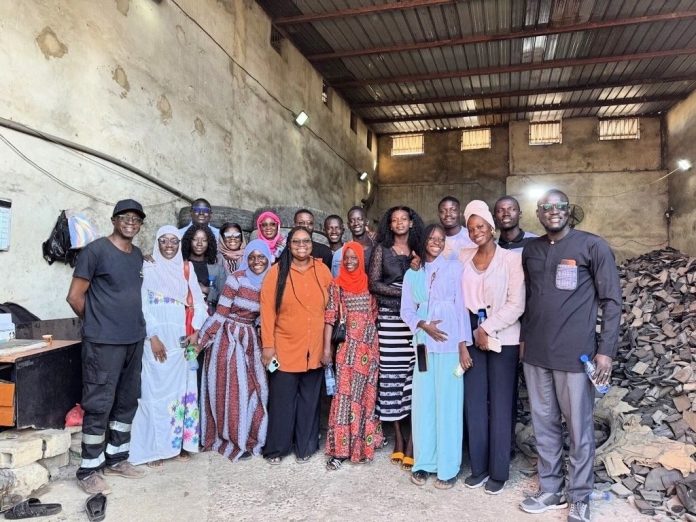Under the Suxëtt Entrepreneuriat program—led by the Kosmos Innovation Center in Senegal (KIC Senegal)—five young Senegalese entrepreneurs have been chosen to receive seed funding and customized mentoring meant to turn their creative early-stage ideas into sustainable, market-ready companies. With an emphasis on businesses that advance sustainability, the circular economy, climate resilience, and clean energy, the program seeks to reach persons 18 to 35 who already have prototypes or operational business plans. Its main goal is to support the development of scalable companies offering significant advantages to the general public.
Program participants took an all-inclusive training course with workshops and seminars created especially for first-time entrepreneurs. Targeted help on business development, management, and incorporating sustainability into their activities also reached them. These developing inventors were linked with seasoned businesspeople and interested parties thanks to networking events and mentoring chances. The participants got a stage to present their companies to possible investors and collaborators at a demo day. Training modules introduced them to the UN Sustainable Development Goals (SDGs), policies, and worldwide trends, getting them ready to match their projects with both domestic and foreign criteria.
Five amazing entrepreneurs were chosen to get more assistance, including one-on-one coaching and cash. One of them is Mame Yacine Cissé, first prize winner for her company, Yass’Afro. Her business focuses on natural haircare solutions made from locally sourced okra, shea butter, and other plant-based oils. She has developed a line of eco-friendly products designed to simplify haircare for African women while advancing environmental sustainability by marrying the knowledge of local farmers with specialists from biologists.
Mariama Gakou, another victor, earned third place for her company, Rema Savon. Made using neem and moringa powder, Gakou creates chemical-free soaps from all locally available ingredients. Still a student at Cheikh Anta Diop University, she oversees the manufacturing personally and is dedicated to advancing natural beauty, health, and environmental preservation via her company.
Although not directly involved in the Suxëtt project, Marina Akra Affoua of Côte d’Ivoire’s case fits the same spirit of local invention and sustainability. Educated by the Indian NGO Barefoot College, Affoua turned out to be a “Solar Mama,” a rural woman ready to build and keep solar mini-grids in off-grid areas. She advocated for the electrification of her town at the International Solar Alliance meeting in 2018, facing French President Emmanuel Macron. Through collaboration including the French Development Agency, Schneider Electric, and IECD, her community therefore obtained rudimentary solar power infrastructure.
The Solar Mama initiative not only brings renewable energy to poor regions but also empowers women as proficient leaders and engineers. Affoua’s work in Donvagne, Côte d’Ivoire, shows the possibilities for community transformation when local innovation is backed by international cooperation and funds.
These stories taken together show how grassroots entrepreneurship—especially when directed at sustainability and led by women—can satisfy important local needs while also spurring more general socioeconomic advancement.




